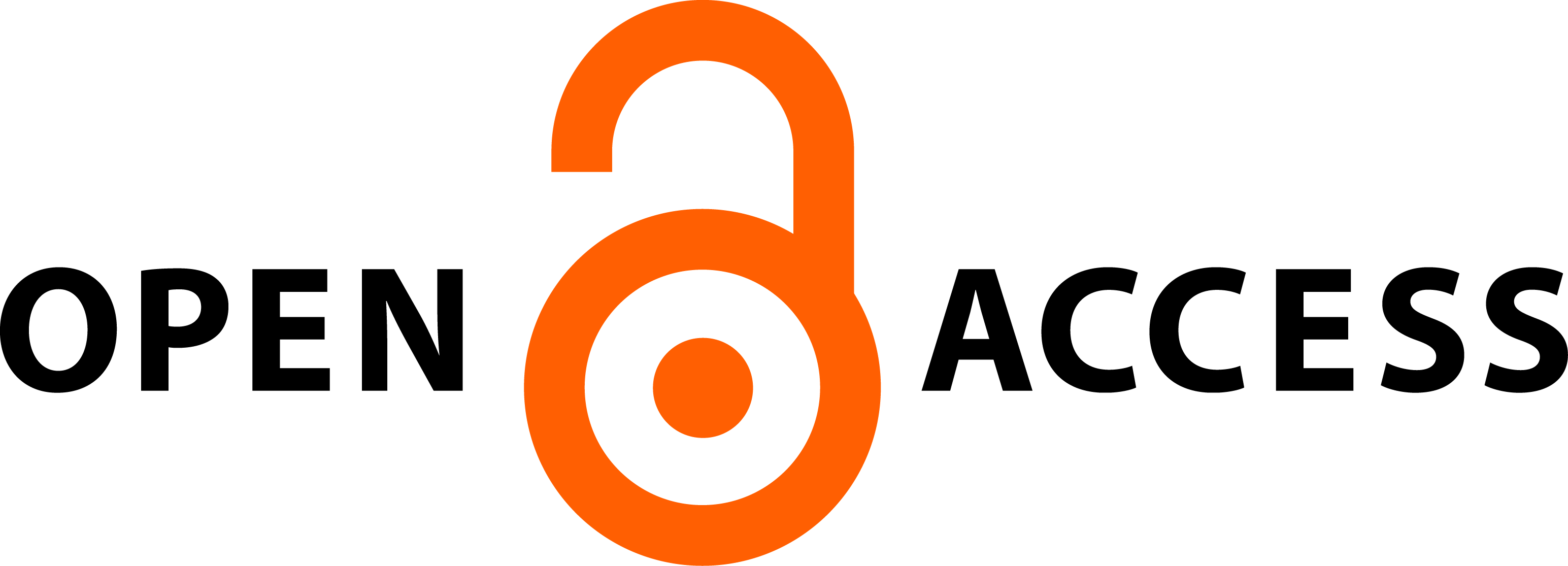GERAKAN IDEOLOGI ISLAM TRANSNASIONAL DI INDONESIA DALAM FILM JKDN KARYA NICKO PANDAWA
DOI:
https://doi.org/10.21154/muslimheritage.v7i1.3546Keywords:
GerakanIslam, Transnasional, Film JKDN, dan Nicko Pandawa.Abstract
Abstract
The screening of JKDN (Jejak Khilafah di Nusantara) movie directed by Nicko Pandawa left a general problem about the caliphate and its relation to the development of Islam in Indonesia or the archipelago. As mentioned in the movie, the caliphate is an institution that houses Muslims around the world, including the archipelago. It also plays an important role in the rapid growth of Islam. However, many people still doubt the truth of the film. They even accuse the existence of propaganda of a transnational Islamic ideology, which will impact the national Islamic image. This study aimed to dissect the contents of JKDN movie episode I and II, then connected the history of the development of Islam with the transnational Islamic ideological movement in Indonesia contained in the movie's narrative. The method used was history, which included source collection, verification, interpretation, writing process, sociolinguistic approach, document (movie) study, and strengthened by the theory of Islamic fundamentalism movement initiated by Ernest Gellner. This study sought to discuss the process of Islamization in Indonesia as one of the historical events re-expressed through the movie and then the theory of identity construction. The result of Della Porta and Diani’s ideas produced several important findings related to the transnational Islamic ideological movement described in this study. This included the communication between the Islamic Sultanates in the archipelago and the Islamic Caliphate, the spirit of unity that arose between the two and a high dedication to upholding Islamic law.
Abstrak
Penayangan film JKDN (Jejak Khilafah di Nusantara) yang disutradarai oleh Nicko Pandawa, menyisakan persoalan umum tentang khilafah dan kaitannya dengan perkembangan Islam di Indonesia atau nusantara, dalam film disebutkan bahwa khilafah merupakan sebuah institusi yang menaungi kaum muslimin di seluruh dunia, termasuk nusantara, dan berperan penting terhadap pesatnya laju pertumbuhan Islam, akan tetapi masih banyak yang meragukan kebenaran dari film tersebut, bahkan sebagian menuding adanya propaganda dari salah satu paham Islam transnasional, yang nantinya berdampak pada citra Islam nasional. Penelitian ini bertujuan membedah ulang isi film JKDN episode I dan II, kemudian menghubungkan antara sejarah perkembangan Islam dengan gerakan ideologi Islam transnasional di Indonesia yang terdapat dalam narasi film tersebut. Metode yang digunakan adalah sejarah, yang meliputi pengumpulan sumber, verifikasi, interpretasi, hingga proses penulisan, ditambah pendekatan sosiolinguistik dan studi dokumen (film), serta diperkuat dengan teori gerakan fundamentalisme Islam yang digagas oleh Ernest Gellner, penelitian ini berusaha mendiskusikan tentang proses islamisasi di Indonesia sebagai salah satu peristiwa sejarah yang diungkap kembali melalui film, selanjutnya teori konstruksi identitas, hasil buah pikiran dari Della Porta dan Diani, menghasilkan beberapa temuan penting terkait gerakan ideologi Islam transnasional yang coba diuraikan dalam penelitian ini, di antaranya jalinan komunikasi antara kesultanan-kesultanan Islam di nusantara dengan Khilafah Islamiyah, kemudian semangat persatuan yang timbul antara keduanya, serta dedikasi yang tinggi untuk menegakkan syariat Islam.
Downloads
Published
Issue
Section
License
Requirements to be met by the author as follows:
- Author storing copyright and grant the journal right of first publication manuscripts simultaneously with licensed under the Creative Commons Attribution License that allows others to share the work with a statement of the work's authorship and initial publication in this journal.
- Authors can enter into the preparation of additional contractual separately for non-exclusive distribution of a rich version of the journal issue (eg:post it to an institutional repository or publish it in a book), with the recognition of initial publication in this journal.
- Authors are allowed and encouraged to post their work online (eg, in institutional repositories or on their website) prior to and during the submission process, because it can lead to productive exchanges, as well as citations earlier and more severe than published works. (see The Effect of Open Access).

















